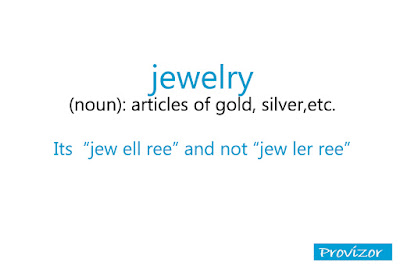Many job seekers miss the one step that can land them an interview and the job they’re applying for. Sure, they send in their resume or application – they may even send the additional information requested – but many of the unemployed simply fail to follow up with the employers to whom they apply.
Why follow up? Here are five good reasons:
1. Consideration
Care to guess how often an online resume or application is not received or mis-routed to the wrong person or department? I didn’t think so! Following up can ensure your resume was received and by the right person so you can be considered for the job you THOUGHT you applied for. If an employer doesn’t have your information, you won’t be considered. It’s that plain and simple!
2. Recognition
Any contact with an employer is a chance to stand out from the rest of the applicants. Following up will allow the employer to place a voice or face with the name. If everything else is equal, the employer will be more likely to call an applicant with whom he or she has interacted in some way than with one he or she has not.
3. Impression
Employers, regardless of industry, are looking for eager, proactive workers who go the extra mile. Follow up is a simple way to show you meet this expectation.
4. Information
Following up by phone or in person may allow you to obtain additional information about the job, employer, or interviewer that may give you an edge in an interview.
5. Interview
If you are able to speak to an employer contact you may be able to ask about when interviews are being scheduled and to ask to schedule an interview while you have him or her on the phone. Again, employers are looking for eager, proactive workers who go the extra mile – be one!
All this seems to make sense, so why don’t more applicants follow up on their resume? Usually it boils down to just one thing: Fear!
It may be fear of rejection. This is often the case; job seekers have to apply for so many jobs to get an interview and finally a job offer, they come to view even non-contact as rejection. Given they are rejected virtually every time they apply for a job, most are not inclined to stick their neck out only to be further rejected. Job search is partially a numbers game: The more you do to work to work toward your goal the better your chances.
Others feel a fear of failure and worry they will not be able to conduct themselves well in a follow up situation. What if they “flub up?” That will surely ruin any chance they might have had to be interviewed and potentially offered a job, they think. Job search is partially a numbers game: The more you do to work toward your goal the better your chances.
Some job seekers fear that they will look too pushy or bother the employer if they try to follow up. Not so!
If an employer is bothered by follow up calls or visits you will be blocked from doing so. A person following up will find out very quickly they are not able to reach anyone in any positive way that will be helpful. This may feed into those who fear rejection, but shouldn’t bother those fearful of looking pushy! Besides, job search is partially a numbers game: The more you do to work toward your goal the better your chances.
www.careerealism.com

























